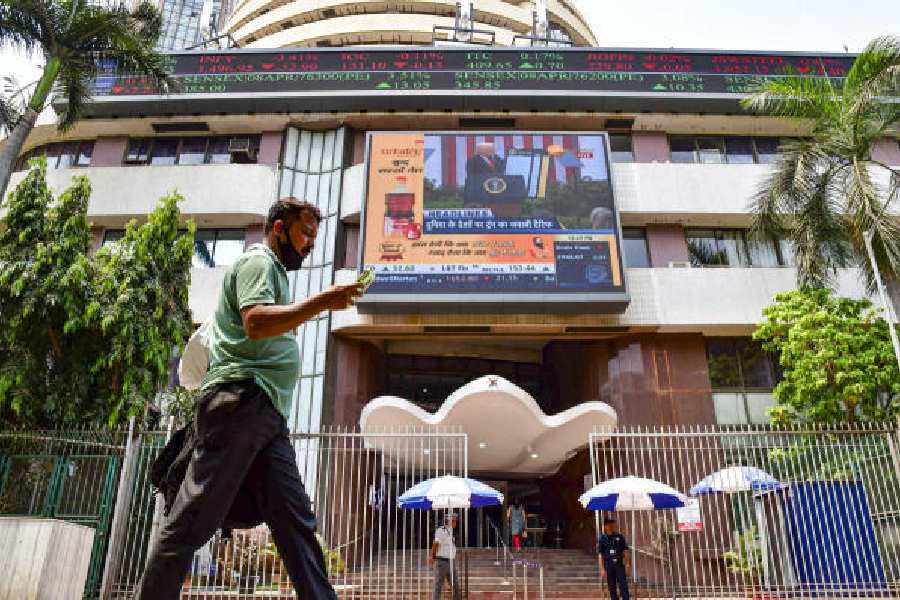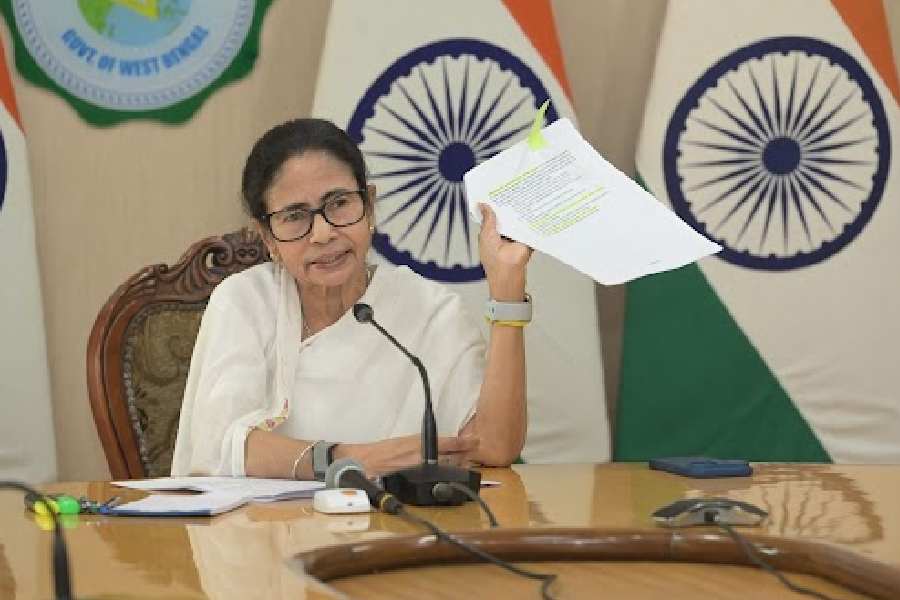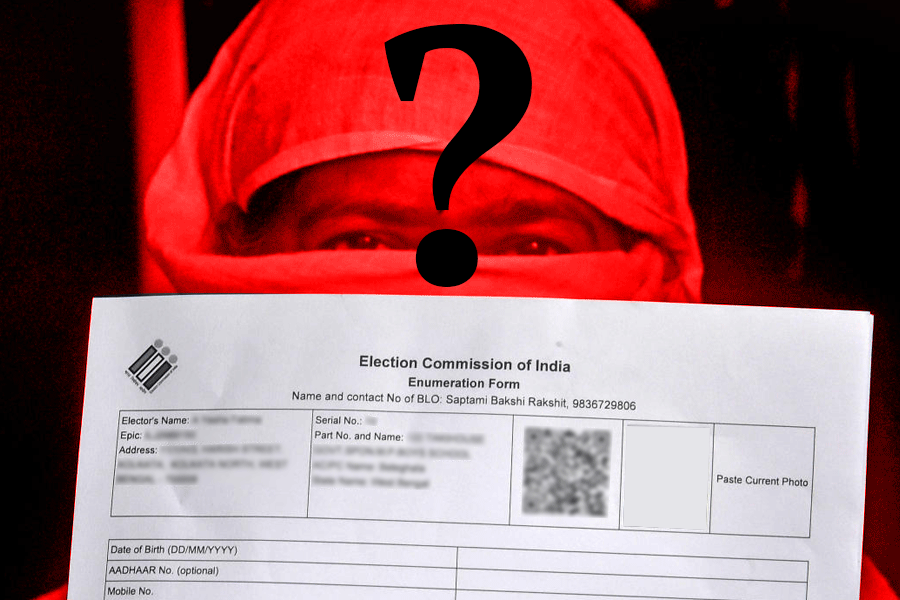India does not plan to retaliate against US President Donald Trump’s 26 per cent tariff on imports from the Asian nation, an Indian government official said, citing ongoing talks for a deal between the countries.
Prime Minister Narendra Modi’s administration has looked into a clause of Trump’s tariff order that offers a possible reprieve for trading partners who “take significant steps to remedy non-reciprocal trade arrangements”, said the official, who declined to be named as the details of the talks are confidential.
On a similar note, World Bank’s former chief economist Kaushik Basu on Sunday said India should not respond by raising or lowering tariffs on US imports.
“India should do what Europe, Canada and China are doing, which is to try to expand trade among themselves.
“This is the time for new trade agreements,” the former chief economic adviser said.
He added that the reciprocal tariffs on India will not have much effect on India’s inflation.
“In fact, its immediate impact may be dampening prices because the difficulty to export to the US will create some short-term glut in the Indian market,” Basu said.
According to him, if India responds by raising tariffs on US, as China has just done, that could cause the price of imported goods to rise and this could infect the entire economy, resulting in inflation.
New Delhi sees an advantage in being one of the first nations to have started talks over a trade deal with Washington, and is better placed than Asian peers like China, Vietnam, and Indonesia, which have been hit by higher US tariffs.
Basu described the reciprocal tariffs imposed on approximately 60 countries by the Trump administration as baffling as the major impact will be felt in the US.
Basu, a Carl Marks Professor at Cornell University, said it is natural for a country like the US, which has a currency that is trusted and used worldwide, to have trade deficits.
“Hence, this new tariff policy looks almost like an effort to erode trust in the US dollar,” he added.
Another rate cut soon?
Bank of Baroda chief economist Madan Sabnavis said the credit policy to be announced this week will come at a time when several things are happening around the world and within the economy.
The new round of tariffs imposed by the US would have some impact on growth prospects and the currency which is something that the MPC will have to consider beyond the normal assessment of the state of the economy, he said.
“While it does look like conditions are rather clear for another 25 bps cut in repo rate this time with the inflation prospects being benign and liquidity having settled down, it is also expected that the stance will change to accommodative, meaning...that there could be more rate cuts in the offing during the course of the year,” Sabnavis said.
Icra also expects the MPC to cut rates by 25 bps in its upcoming meeting while maintaining a neutral stance.










